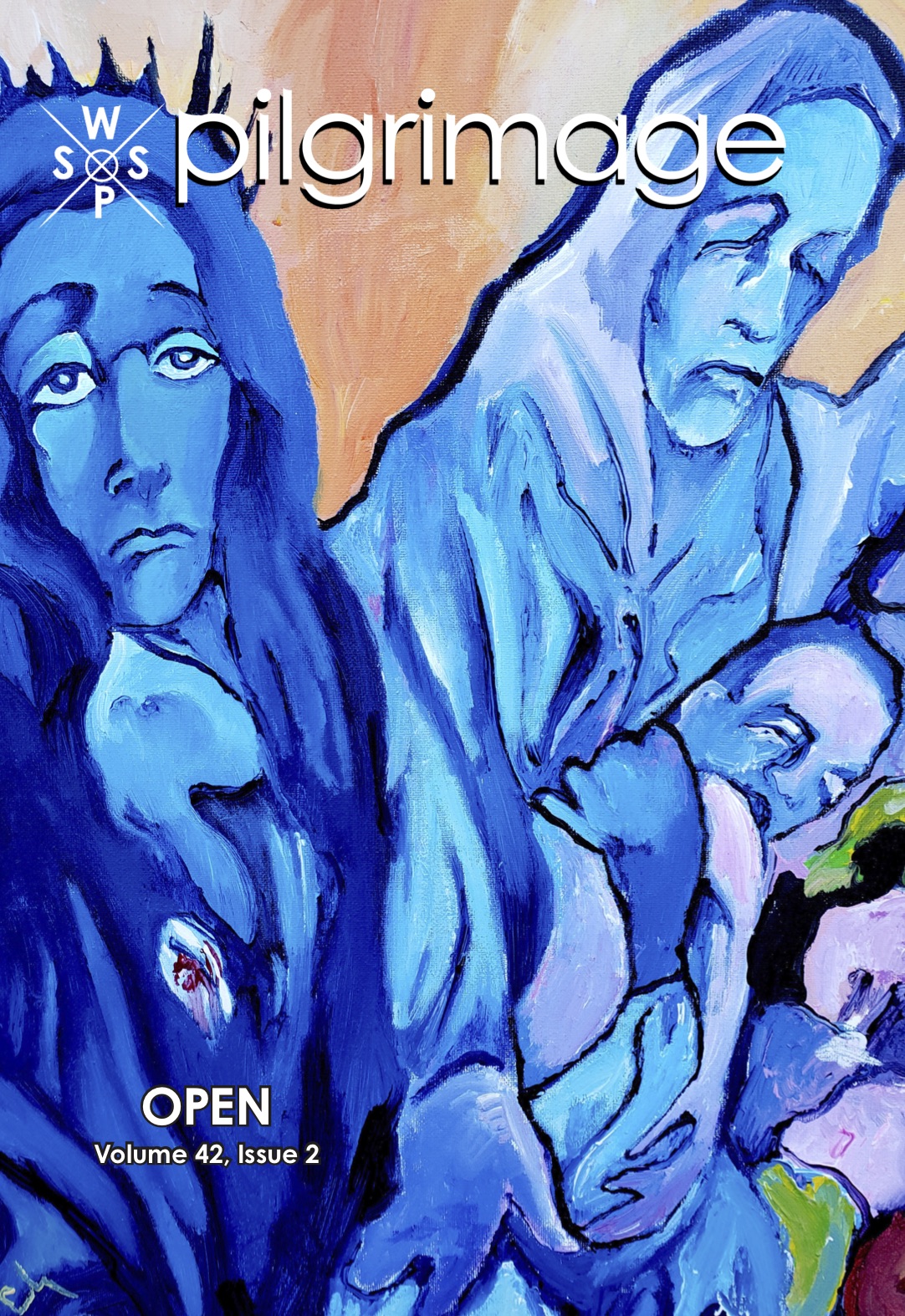
For this issue, we agreed to let the submissions shape the theme and focus. After reading so
many inspiring words from all over the country and world, we were struck with awe by the
writers who opened themselves up to being vulnerable in facing memories, to being admirably
honest, and courageous enough to speak up against injustice.
Like previous issues, our contributors continue to shine a light onto the horrors of our current
administration and the injustices committed against our environment. We have poems capturing
the uncertainty of Venezuela’s political strife that starves its people, poems demonstrating the
power and fear wielded by the AK-47, and poems honoring missing journalists in Mexico. The
writing in this issue brings us together for the need of justice, evokes outrage on current
happenings, and compels us to action. Even in this polarizing time, we celebrate with arms open
in welcome, inclusion, and the free exchange of ideas that liberate and free us from under the
tyrannical boots that try to step on our backs.
We welcome adventure and wanderlust. We take peyote and wander, we dream of wolverines, we
go to therapy with a mummy, and we go drinking into the late hours to try and understand the
people we want to love. We witness butterfly migrations that teach us the art of farewell. We take
in new geographies, indulge on new foods, and learn new rituals and customs. We travel to
Cuzco, Antonito, Waterloo, homeless shelters, and hot springs. We stay close to home to
contemplate and reflect. In Eufemia Fantelli’s nonfiction piece, we meet a woman trying to get a
job while remembering the advice of her father with a mix of profound and hilarious results, like
a gallery full of awkward motivational posters.
This issue also celebrates the vulnerability and the courage to capture moments where
perceptions and ideologies change. Sometimes, the characters and narrators are surprised, and
others find the inevitability of the moment: the aftermath of a palm reading spurred by a break-
up, a father trying to explain to his son why his parents can’t stay together, the new widow
contemplating her home, and the darkness where nocturne appropriately becomes elegy.
Open is also listening. It is the stillness near the water that allows us to thank the authors who
taught us to let the imagination go wild. It is listening to memories of a father losing his family’s
land and remembering what it’s like to be taunted by other children for having lice. It is the
moment of intimacy that Sarah Browning writes in “Another Poem about the Moon,” where she
celebrates city life and wrestles with our shared frustrations with institutional racism. She gives
us a hopeful ending with the invitation to “Hold my hand.”
In Alfred Eaker’s artwork, the colors are deep, profound, and rich. They conjure images of the
Madonna’s protective instincts. They crackle with imagination, guided by thick, deliberate lines
that place the weary blues alongside passionate reds. The landscape is alive and in harmony with
the people and animals who hold devotion and faith. Like all the writing in this issue, Eaker is
creating odes to small things that speak to our need to connect with one another.
As always, thank you to everyone who makes every issue of Pilgrimage possible—those who
volunteer their time and expertise, our wonderful Editorial Assistants, the contributors, and those
who subscribe. You all make our community strong. Please keep sharing Pilgrimage with others,
which allows the writing to keep opening more doors and more possibilities. •
Juan Morales
Pueblo, CO
July 29, 2019
|